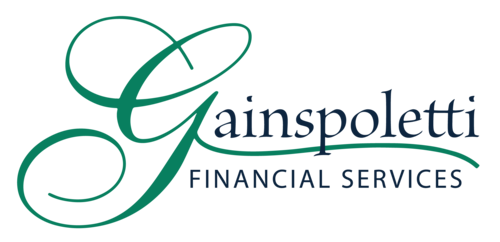The world of personal money might be scary, but the earlier you begin to plan for your financial future, the better off you will be.
Women in their 30s face specific financial challenges that call for particular care and thought. They can be attempting to make plans for the future while balancing obligations to their family, job, and other commitments.
In this article, we’ll explore five key financial planning tips specifically geared toward women in their 30s to help them get started on creating a strong foundation for their finances.
1. Increase Your Financial Literacy
Knowledge is power when it comes to handling your finances. Before diving into more complex issues, make sure you have a firm grasp of essential ideas like budgeting, savings tactics, and investing fundamentals. Once you have these concepts down, it will be simpler to take on more challenging jobs.
2. Pay Off High-Interest Debt
The best time to prioritize paying off high-interest debt from credit cards or other loans is right now. The sooner you do so, the less interest you’ll have to repay over time (and paying off debt should always come before saving). If necessary, think about combining several smaller loans into one larger loan with a lower interest rate so that all of your payments are managed under a single payment.
3. Build Up an Emergency Fund
An emergency fund is an essential component of your financial strategy, and it’s crucial for women in their 30s who are likely balancing multiple obligations with inconsistent income streams. Aim to save up 3-6 months of living expenses in case you face an unforeseen bill or a life event that requires extra income.
4. Invest in Retirement and Other Long-Term Accounts
Though it may still feel like a distant concept, it’s important to consider retirement planning as early as possible in order to maximize the returns you get when you are ready to retire. On top of that, investing in other long-term accounts can help you with your future financial goals.
5. Talk to a Financial Advisor
An experienced financial advisor can guide you in creating and managing your finances, from basic budgeting advice to more complex estate planning strategies. That’s why you shouldn’t be afraid to ask questions and learn as much as possible.
Keep in mind that these five tips are just a starting point and that the key to successful financial planning is education–the more you know, the better prepared you will be for whatever comes your way.
If you need help creating a financial plan tailored to your individual needs and goals, we are here to help!
At Gainspoletti Financial Services, we provide comprehensive financial planning to bring your vision into sharper focus, so you can enjoy the lifestyle you want and deserve. We believe that our clients deserve exemplary service, and we are committed to delivering. Our team of experienced financial advisors can help you create a plan that meets your needs.
Get in touch with our financial advisors today!
The information has been obtained from sources considered to be reliable, but we do not guarantee that the foregoing materials accurate or complete. This material is being provided for information purposes only and is not a complete description, nor is it a recommendation. Any opinions are those of Gainspoletti Financial Services and not necessarily those of Raymond James. Investing involves risk and you may incur a profit or loss regardless of strategy selected. Holding investments for the long term does not insure a profitable outcome.
